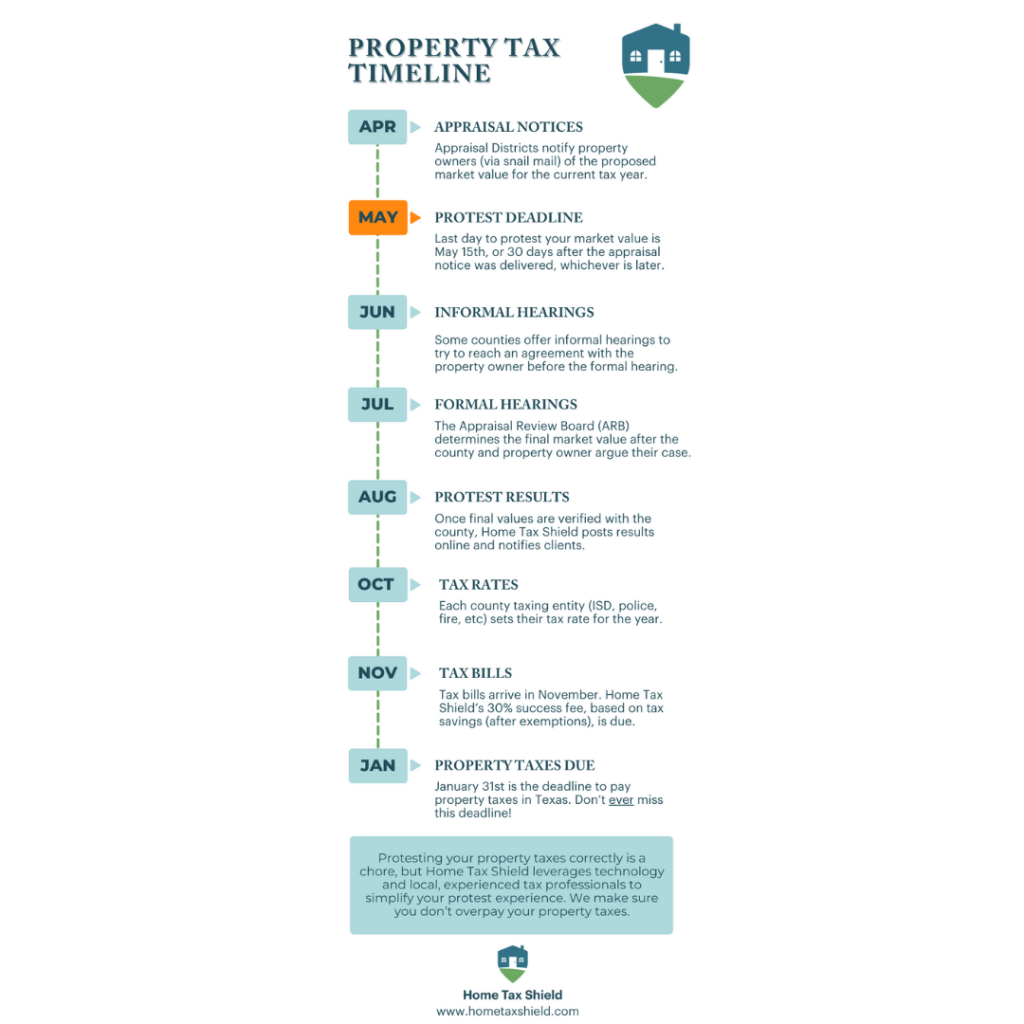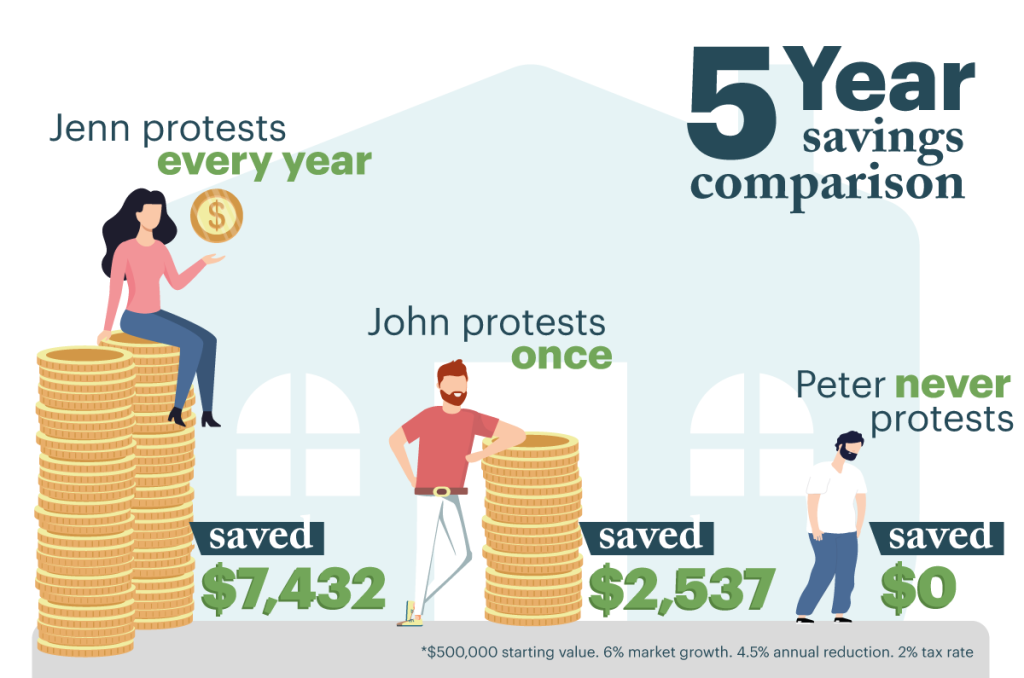When a home is owned by a legal entity instead of an individual, the county requires proof that the person signing up has the legal authority to sign on behalf of the legal entity. Formation docs for the legal entity provide that proof. We don’t need the whole document, but only (1) the first 1-2 pages that name and describe your LLC/Trust/INC, (2) the signature page and (3) any page that is notarized. For LLCs, sometimes the Certificate of Filing and Certificate of Formation that was filed with the Secretary of State can work. Please upload these documents to the notifications tab on your account page.


